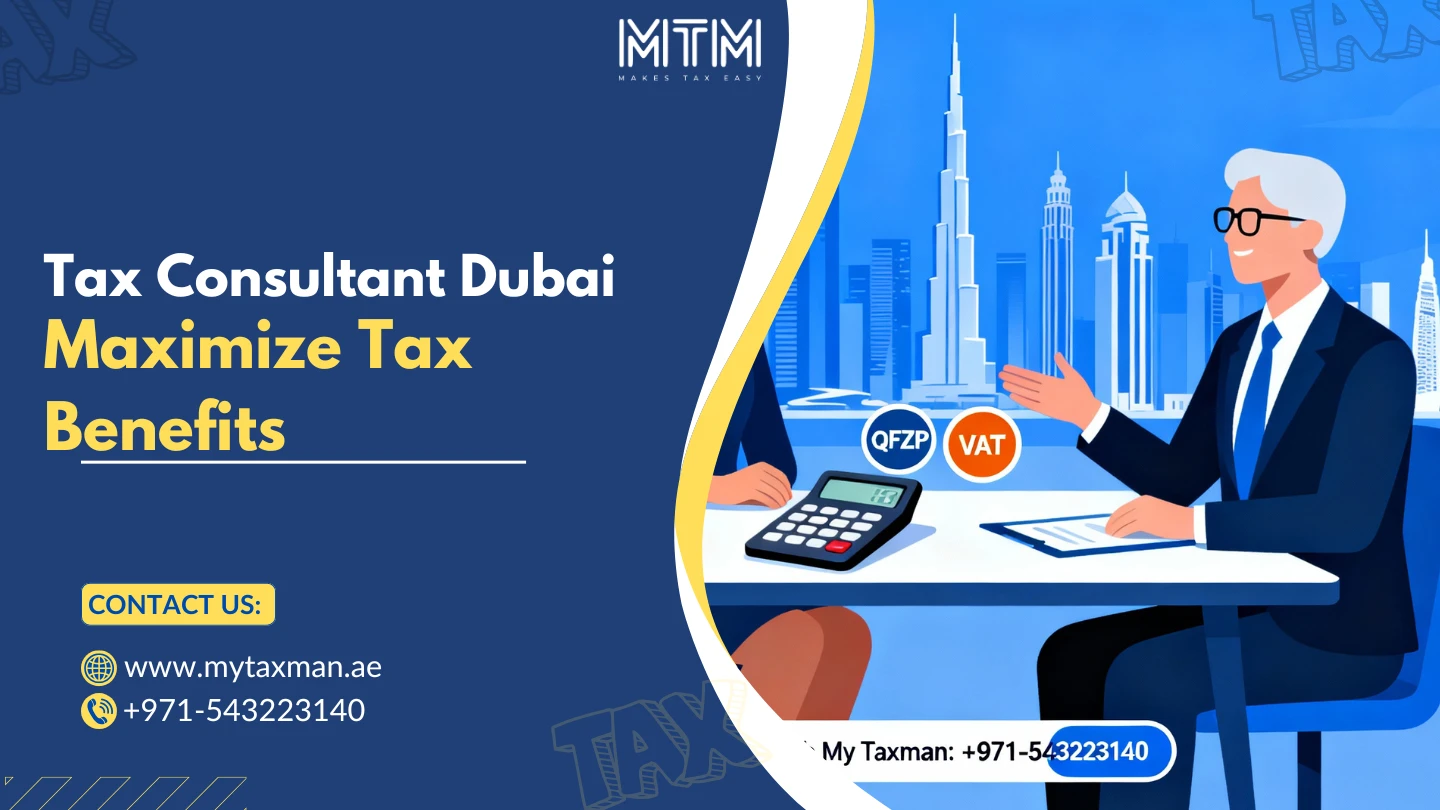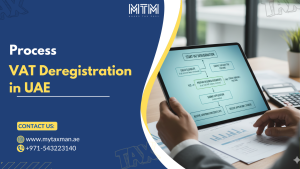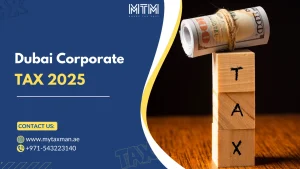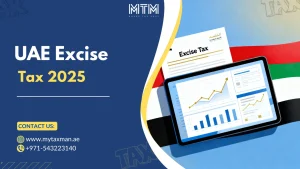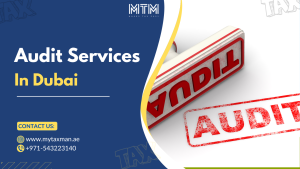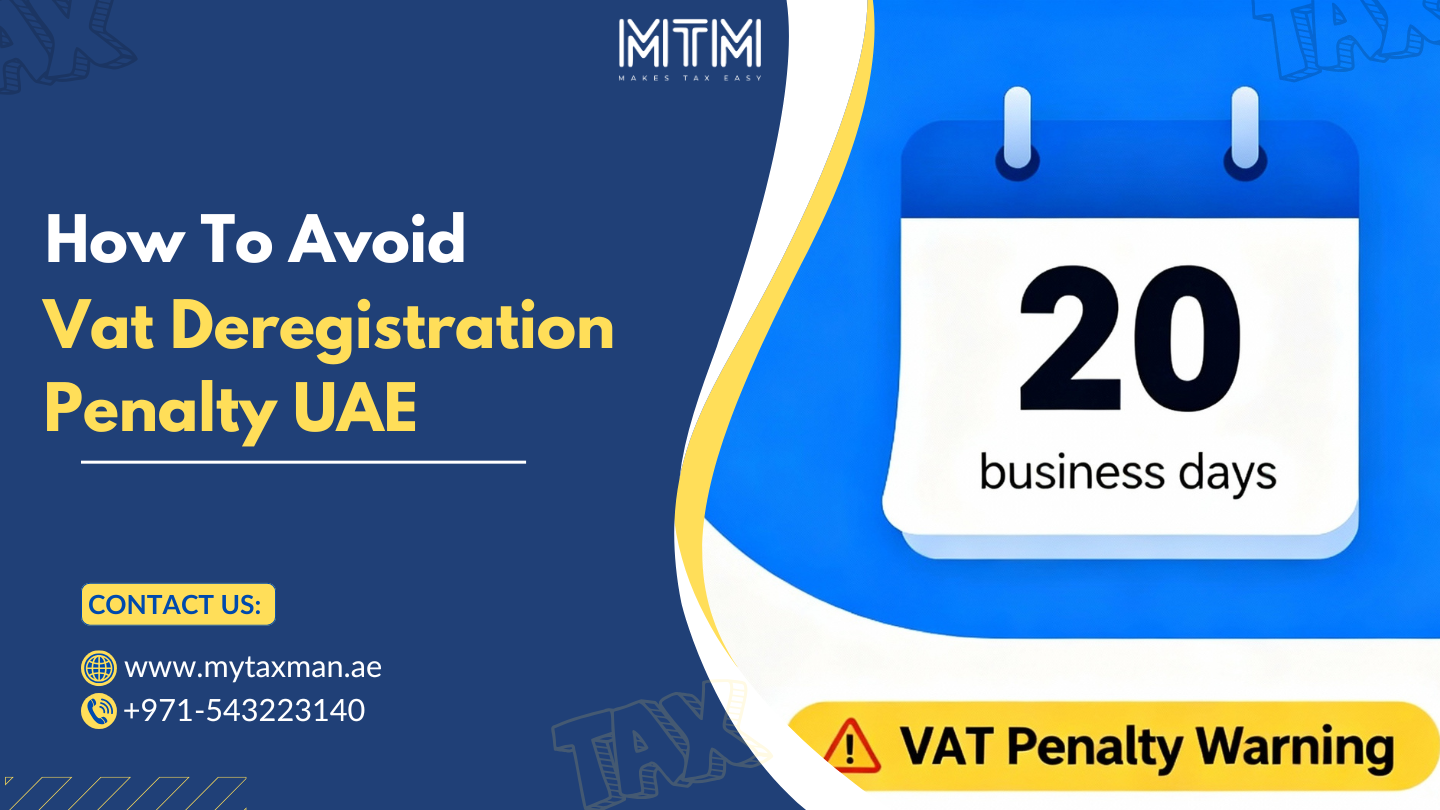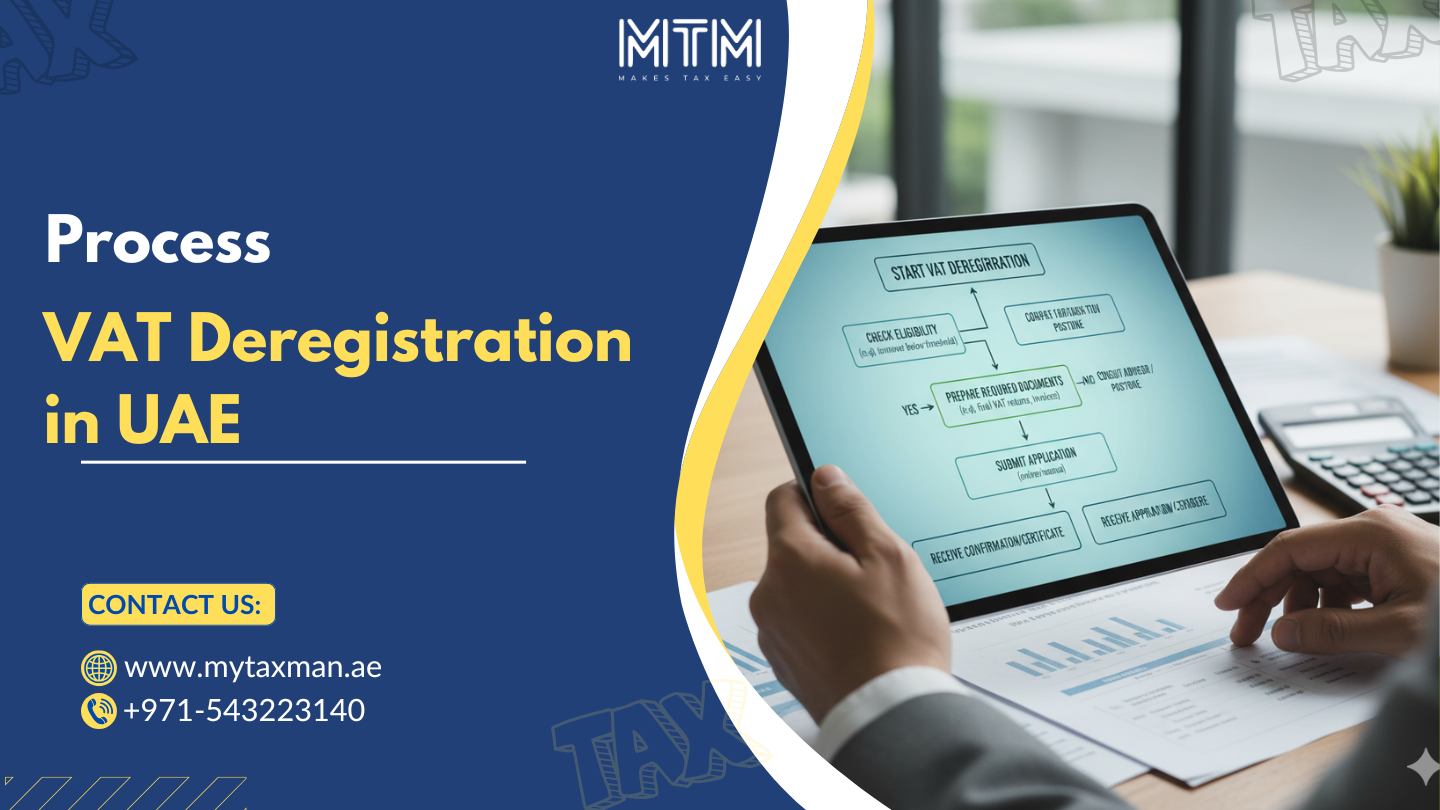Launching a startup in Dubai is easier when the tax setup is right from day one, and the smartest path starts with a Tax Consultant Dubai who understands corporate tax, VAT, and free zone incentives tailored to early‑stage companies. The UAE corporate tax regime applies a 0% rate up to AED 375,000 of taxable income and 9% above that threshold, which creates real planning opportunities for founders if structure, compliance, and timing are handled precisely. Startups can also access Small Business Relief if revenue conditions are met, consider free zone status for 0% on qualifying income, and use VAT registration strategically to protect cash flow and reclaim input tax
Table of Contents
ToggleWhy tax planning matters from day one
Early tax choices determine whether you qualify for reliefs, how quickly you can reclaim VAT, and whether future funding rounds suffer from unexpected liabilities. Dubai tax consultants align your legal structure, free zone choice, accounting, and VAT registration timelines with the thresholds and definitions used by the Federal Tax Authority (FTA) and Ministry of Finance (MoF). Doing it right upfront reduces the risk of missed reliefs, non‑qualifying free zone income, or filing penalties later in the journey.

Understand UAE corporate tax basics
The UAE levies 0% corporate tax on taxable income up to AED 375,000 and 9% on taxable income above AED 375,000, as confirmed by Cabinet Decision No. 116 of 2022 and the official UAE Government portal. This progressive structure is explicitly designed to support small businesses and startups, giving early‑stage companies breathing room while they scale. Founders should build forecasts around the AED 375,000 breakpoint and plan deductible expense timing, financing costs, and revenue ramps accordingly.
Small Business Relief for startups
Ministerial Decision No. 73 of 2023 introduced Small Business Relief (SBR), allowing eligible resident taxable persons with revenue not exceeding AED 3,000,000 in a relevant and previous period to elect to be treated as having no taxable income for that period. SBR is intended to reduce compliance burdens and tax costs for startups while their revenue remains below the threshold, but it is not available to Qualifying Free Zone Persons or members of large multinational groups. Revenue must be measured using accepted accounting standards (commonly IFRS), and once revenue exceeds AED 3,000,000, the relief cannot be used for that and subsequent periods where the limit is exceeded.
Qualifying Free Zone Person (QFZP) path
Startups set up in a free zone may access a 0% corporate tax rate on qualifying income if they meet all QFZP conditions, including adequate substance in the free zone, audited financial statements, transfer pricing compliance, and staying within de‑minimis limits for non‑qualifying income. The FTA’s 2025 Corporate Tax Guide on Free Zones and subsequent ministerial decisions clarify qualifying and excluded activities, substance expectations, and lock‑out risks if conditions are breached. Choosing the right free zone and activity code, then aligning contracts and operations to qualifying income streams, is essential to preserve 0% status for eligible revenue.
Choosing between mainland and free zone
Mainland companies face the standard 0%/9% corporate tax tiers, while free zone entities can enjoy 0% on qualifying income if QFZP conditions are continuously satisfied. If a free zone company fails QFZP conditions or earns excluded income beyond de‑minimis levels, those amounts may be taxed at 9%, and QFZP status can be lost from the beginning of the period. A Tax Consultant in Dubai should model both scenarios against your business model, supply chain, hiring plans, and customer base before you commit.
Loss relief and runway planning
The UAE corporate tax law allows tax losses to be carried forward and offset against up to 75% of taxable income in a future period, which helps startups convert early losses into future tax savings. Proper documentation and continuity rules apply, and losses linked to exempt income generally cannot be used, so accurate categorization and record‑keeping from day one is crucial. Thoughtful timing of revenue recognition and deductible expenses—within accounting and tax rules—can optimize how quickly losses translate into reduced tax.
Participation exemption for holding structures
Dividends and capital gains from qualifying shareholdings can be exempt under the participation exemption, subject to conditions like minimum ownership, holding period, and taxation tests. For venture‑backed startups with corporate holdings or future exits, this can materially change after‑tax outcomes when structured correctly. Your Dubai Tax Consultants should assess if a holding company structure supports your capital strategy without undermining operational reliefs.
Foreign tax credit and cross‑border operations
If your startup earns foreign‑sourced income that is taxed abroad, the UAE allows a foreign tax credit, limited to the UAE corporate tax due on the relevant income in that period. Credits cannot be carried forward or back, so timing and sourcing of income matter for cash tax outcomes. For early exporters or SaaS with international customers, contract design and invoicing locations influence the availability and use of credits.
VAT fundamentals every startup should know
The UAE’s standard VAT rate is 5%, with mandatory registration for resident businesses at AED 375,000 of annual taxable supplies and imports, and voluntary registration typically available from AED 187,500. Voluntary VAT registration can be advantageous for startups incurring input VAT on setup costs, enabling timely recovery and improved cash flow if you expect to exceed thresholds or deal with VAT‑registered counterparties. Non‑resident businesses generally must register if they make taxable supplies in the UAE, regardless of thresholds, which matters for cross‑border startups testing the UAE market.
Using VAT to protect cash flow
Registering early can enable input VAT recovery on fit‑out, software, and professional fees, provided invoices and contracts are in the VAT registrant’s name and VAT rules are met. Planning your first VAT return cycle, tax periods, and invoicing cadence with a Dubai Tax Consultant helps avoid late filing penalties and mismatches between receipts and output tax obligations. If your supplies are zero‑rated (for example, certain exports), you may recover input VAT while charging 0% on qualifying outputs, which is beneficial for cash‑hungry startups.
Free zone VAT and customs touchpoints
Even if you pursue the free zone corporate tax route, VAT rules still apply and differ from corporate tax, so registration thresholds, grouping, and import/export VAT treatments need separate analysis. Contracts, shipping terms, and where the supply is deemed to take place can change VAT outcomes, which a Dubai Tax Consultant should review before you scale. Don’t conflate QFZP corporate tax status with VAT exemptions—these are distinct regimes with different tests.
Compliance timelines you must hit
Corporate tax returns are typically filed within nine months after the end of the financial year, and missing deadlines risks penalties that erode the value of your tax planning. Free zone businesses must maintain audited financials to support QFZP status and meet substance and transfer pricing documentation requirements. VAT registration, return filing, and payment cycles must be mapped to cash flow and accounting close processes to avoid avoidable fines.
Transfer pricing for related‑party startups
Even early‑stage companies need to consider transfer pricing where related‑party transactions exist, including shareholder loans, management services, and intercompany IP charges. Free zone companies seeking QFZP status must comply with transfer pricing and documentation requirements as part of their eligibility conditions. Setting arm’s‑length terms early prevents expensive remediation when you raise capital or face an FTA review.
Structuring your startup for tax efficiency
- Choose the right zone: Compare mainland flexibility with free zone incentives and test QFZP eligibility against your real operating model.
- Map revenue to regimes: Separate qualifying free zone income from other streams to preserve 0% benefits where possible.
- Use SBR wisely: If under AED 3,000,000 revenue and eligible, SBR can reduce tax and compliance burden while you build product‑market fit.
- Plan VAT early: Consider voluntary registration to recover input VAT and align contracts and invoicing to VAT rules.
- Document losses: Track tax losses accurately to offset up to 75% of future taxable income and shorten your runway to profitability after‑tax.
How My Taxman (Dubai Tax Consultants) helps startups win
- Free zone vs mainland decisioning: Side‑by‑side tax modeling of QFZP eligibility, qualifying activity mapping, and de‑minimis tests.
- SBR and 0%/9% planning: Roadmaps to stay eligible for SBR where possible and to optimize around the AED 375,000 threshold.
- VAT cash‑flow strategy: Voluntary registration timing, input VAT recovery on setup costs, and zero‑rating opportunities for exporters.
- Compliance guardrails: Corporate tax filing calendars, audited FS readiness, and transfer pricing documentation aligned with FTA guidance.
- Investor‑ready structuring: Participation exemption considerations for future exits and holding‑company design without losing operating reliefs.
Startup checklist: first 90 days
- Select legal form and zone after tax modeling and QFZP assessment.
- Register for VAT on time or voluntarily if beneficial for input VAT recovery.
- Implement IFRS‑aligned bookkeeping and chart of accounts to measure SBR revenue and taxable income accurately.
- Put intercompany agreements in place at arm’s length if you have related‑party flows.
- Set corporate tax registration and filing calendar with a nine‑month post‑year‑end deadline.
FAQs
What is the UAE corporate tax rate for startups?
UAE corporate tax is 0% on taxable income up to AED 375,000 and 9% above AED 375,000 per tax period, as per Cabinet Decision No. 116 of 2022 and the UAE Government portal.
What is Small Business Relief and who can claim it?
SBR allows eligible resident taxable persons with revenue not exceeding AED 3,000,000 to elect to be treated as having no taxable income for that period, with exclusions for QFZPs and certain multinationals.
How can a free zone startup pay 0% corporate tax?
A free zone company can access 0% on qualifying income if it meets QFZP conditions such as substance, audited financials, transfer pricing compliance, and de-minimis limits on excluded income.
What are the VAT registration thresholds in the UAE?
Mandatory VAT registration for resident businesses is AED 375,000 of taxable supplies and imports, with voluntary registration commonly at AED 187,500 to enable input VAT recovery.
Can startups use losses to reduce future corporate tax?
Yes, tax losses can generally be carried forward and offset against up to 75% of future taxable income, subject to documentation and continuity conditions.
Do UAE companies get relief for taxes paid abroad?
Yes, a foreign tax credit is available but limited to the UAE corporate tax due on the same income in that period, with no carry‑forward or carry‑back of unused credits
When are corporate tax returns due?
Returns are typically due within nine months after the financial year end, so startups should set calendars early to avoid penalties.
Optimize Your Taxes with My Taxman
The UAE tax framework is designed to help startups grow—0% up to AED 375,000, Small Business Relief while revenue is modest, and potential 0% on qualifying free zone income—if your structure, records, and filings align with FTA and MoF rules. With My Taxman as the right Tax Consultant in Dubai will help you decide between mainland and free zone, time VAT registration for cash flow, and protect QFZP status and loss relief for future savings. Get tailored advice and an implementation plan today—call +971‑543223140

